Note: This list is not exhaustive, and the specific resources available may change over time. It’s always best to consult the official sponsor websites for the most up-to-date information.
General Grant Funding Resources
- Grants.gov: Centralized location for finding and applying for federal funding opportunities.
- Pivot-RP: Database for funding opportunities and researcher profiles (requires institutional access).
- Foundation Directory Online: Search tool for private foundation funding opportunities.
- Federal Register: Announcements of grant opportunities and funding-related news.
- Science.gov: Includes a section for funding and research development opportunities.
- The Grantsmanship Center: Training and resources for finding and applying for grants.
- OpenGrants.io: A database for grant opportunities, including tools for grant management.
- Research.gov: Platform for managing research grants and proposals
- Open Grants.org: An open repository of funding proposals
Sponsor Tools and Resources
Department of Commerce
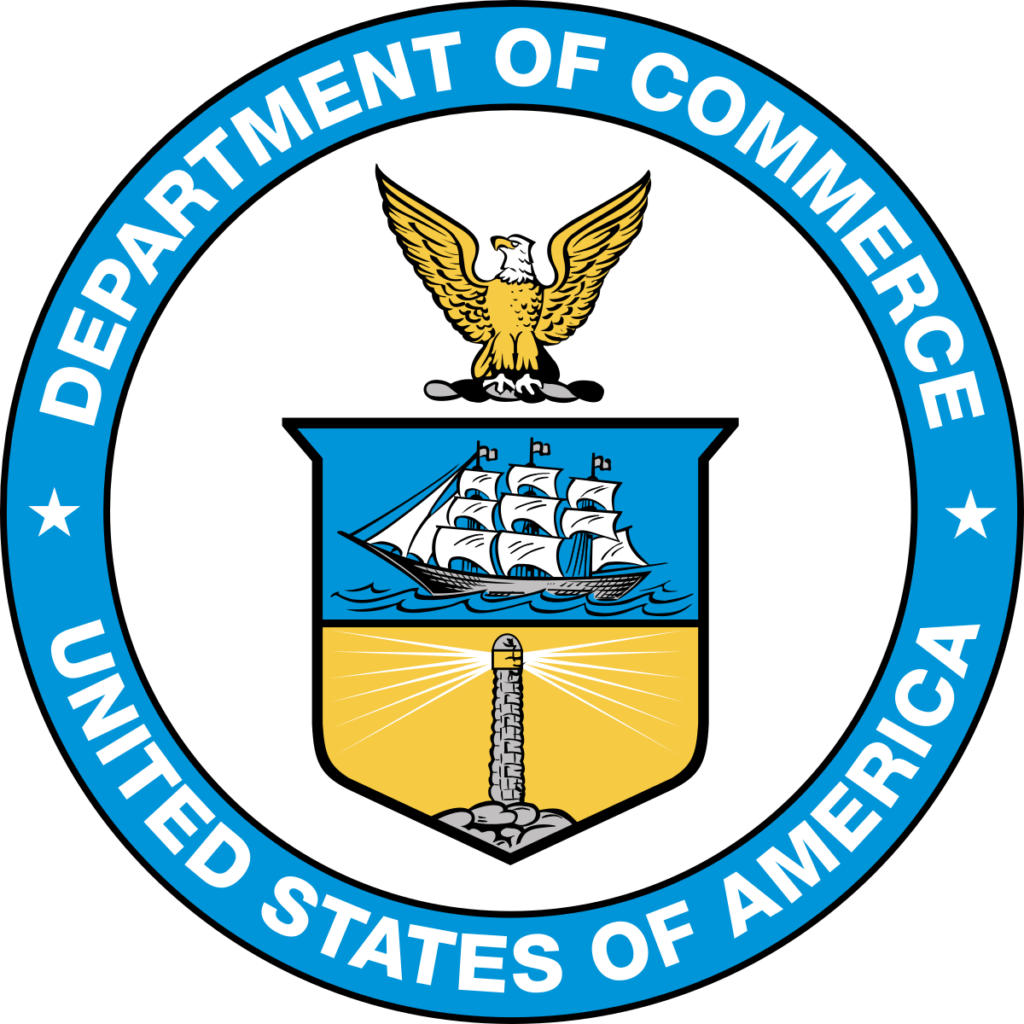
Explore grants, contracting opportunities, and comprehensive data and reports on the economy, population, and environment offered by the Department of Commerce.
Department of the Interior
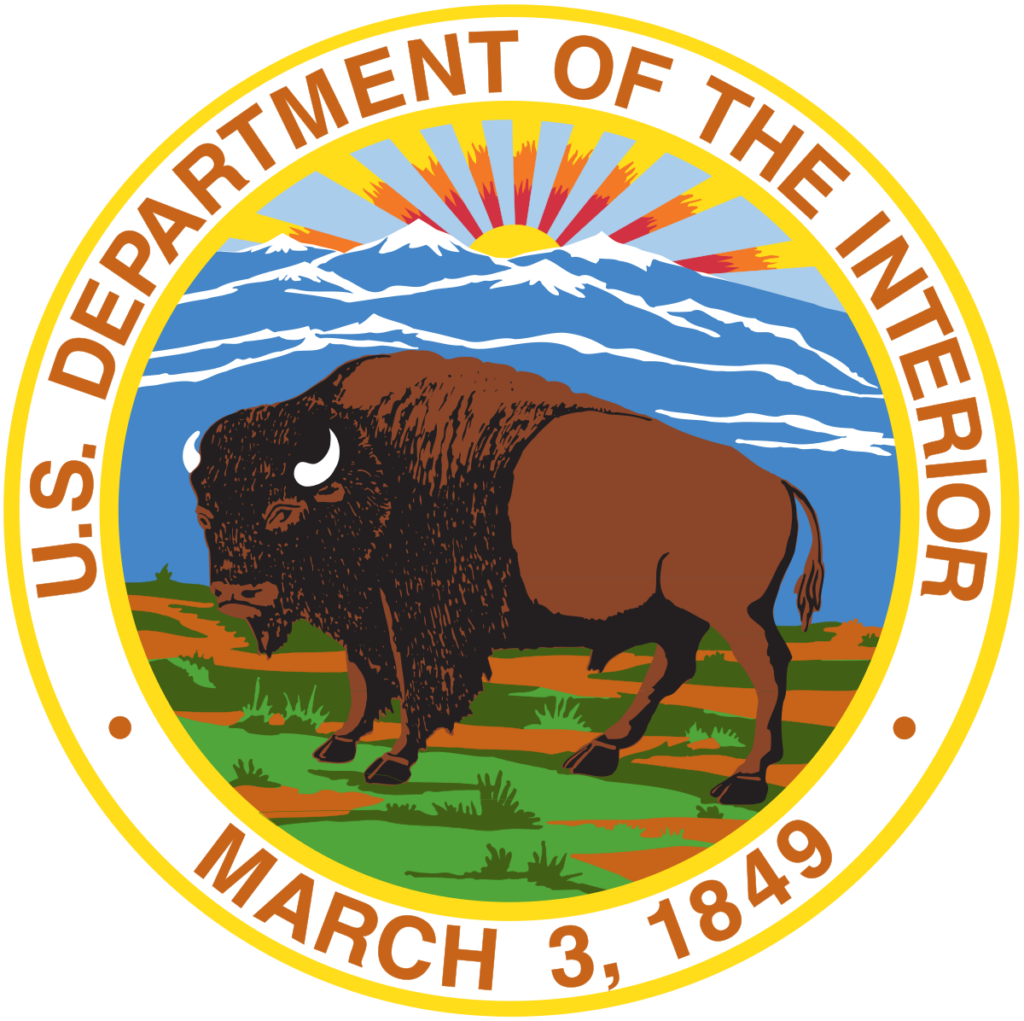
Discover an array of resources, including bureau overviews, grant programs, financial assistance, award tools, and training, to support conservation, tribal programs, recreation, and climate initiatives.
Department of Justice

Learn about funding opportunities, resources, and guidance to support law enforcement, public safety, legal matters, and business engagement across various jurisdictions.
Department of Homeland Security
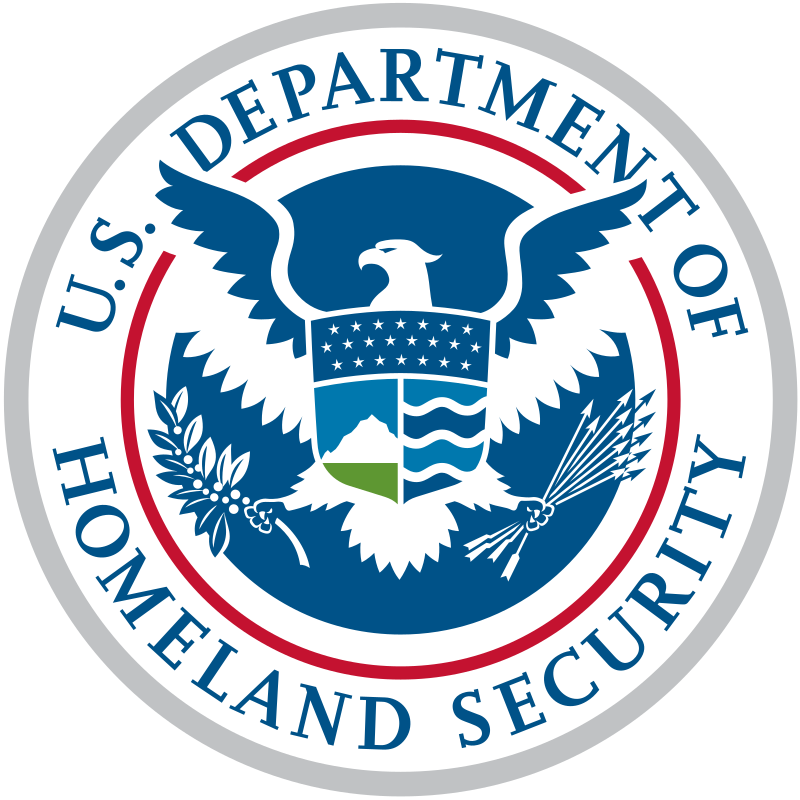
Explore resources, training, data, and tools to support public involvement, law enforcement, preparedness, and policy implementation across its mission areas.
United States Department of Agriculture
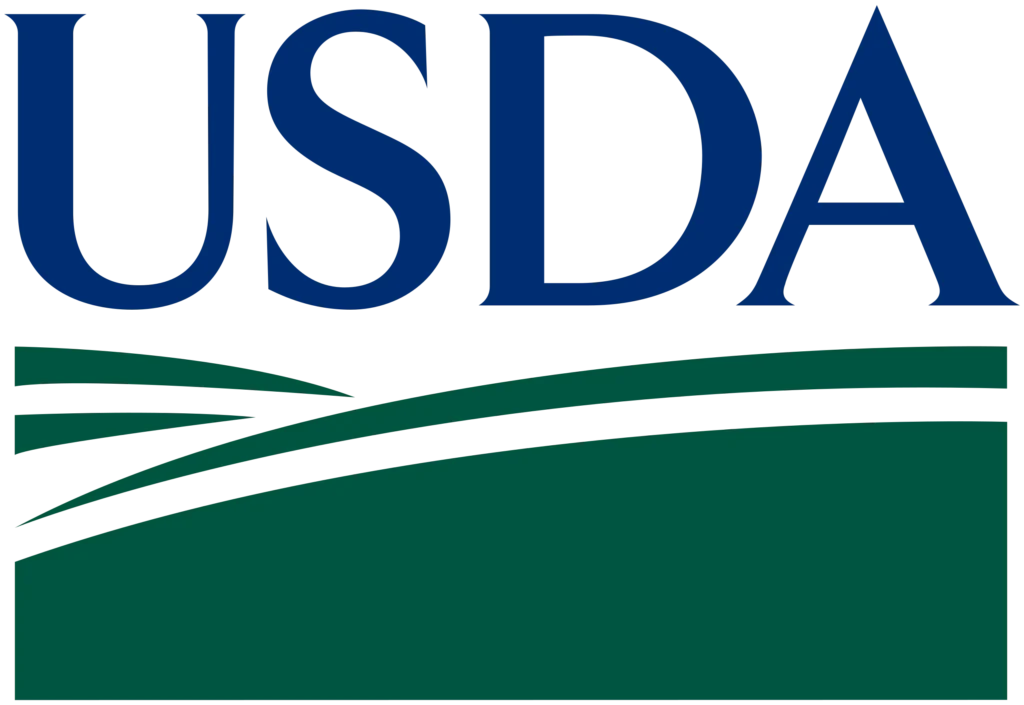
Access a curated list of USDA programs, grants, and tools designed to support agricultural research, innovation, and sustainability
Department of Energy
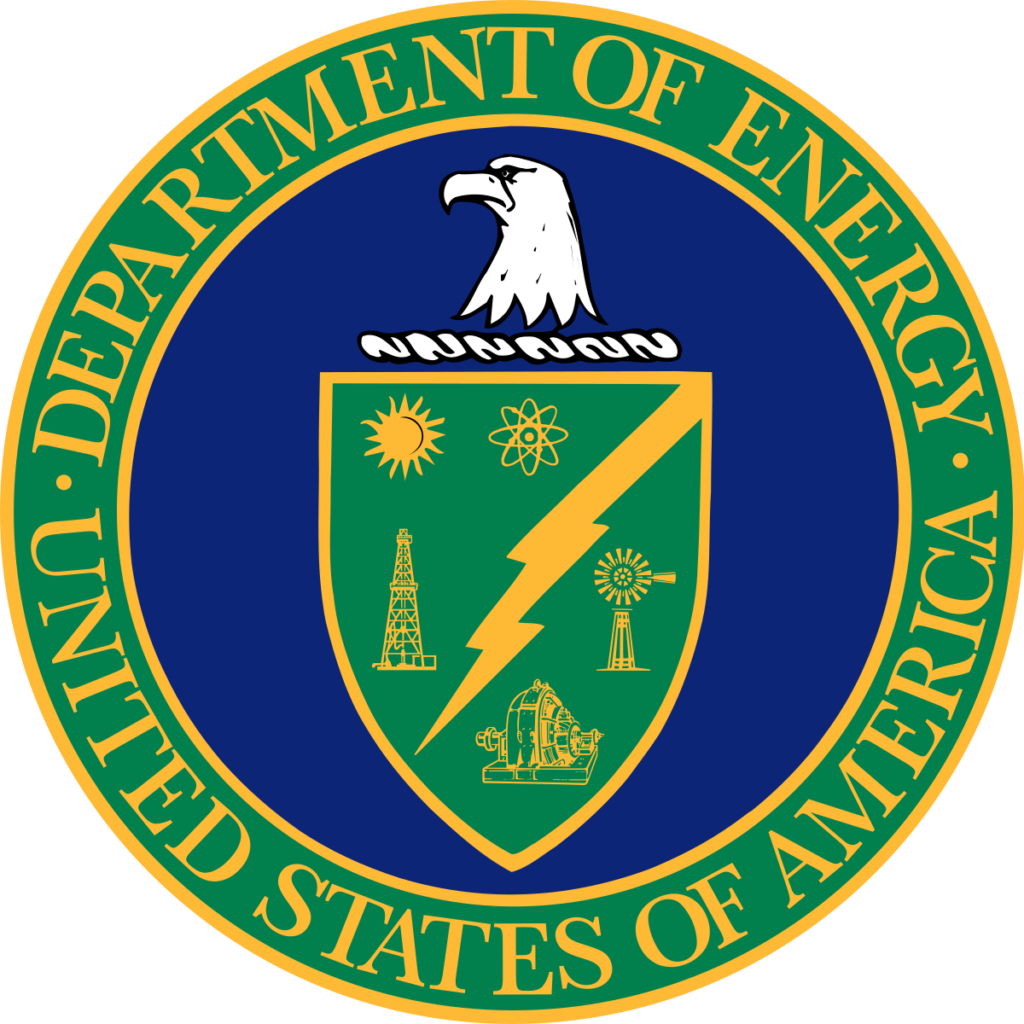
Learn about funding and collaboration opportunities across basic and applied energy research in areas like renewable energy, nuclear energy, fossil energy, and transformative energy advancements.
Department of Defense
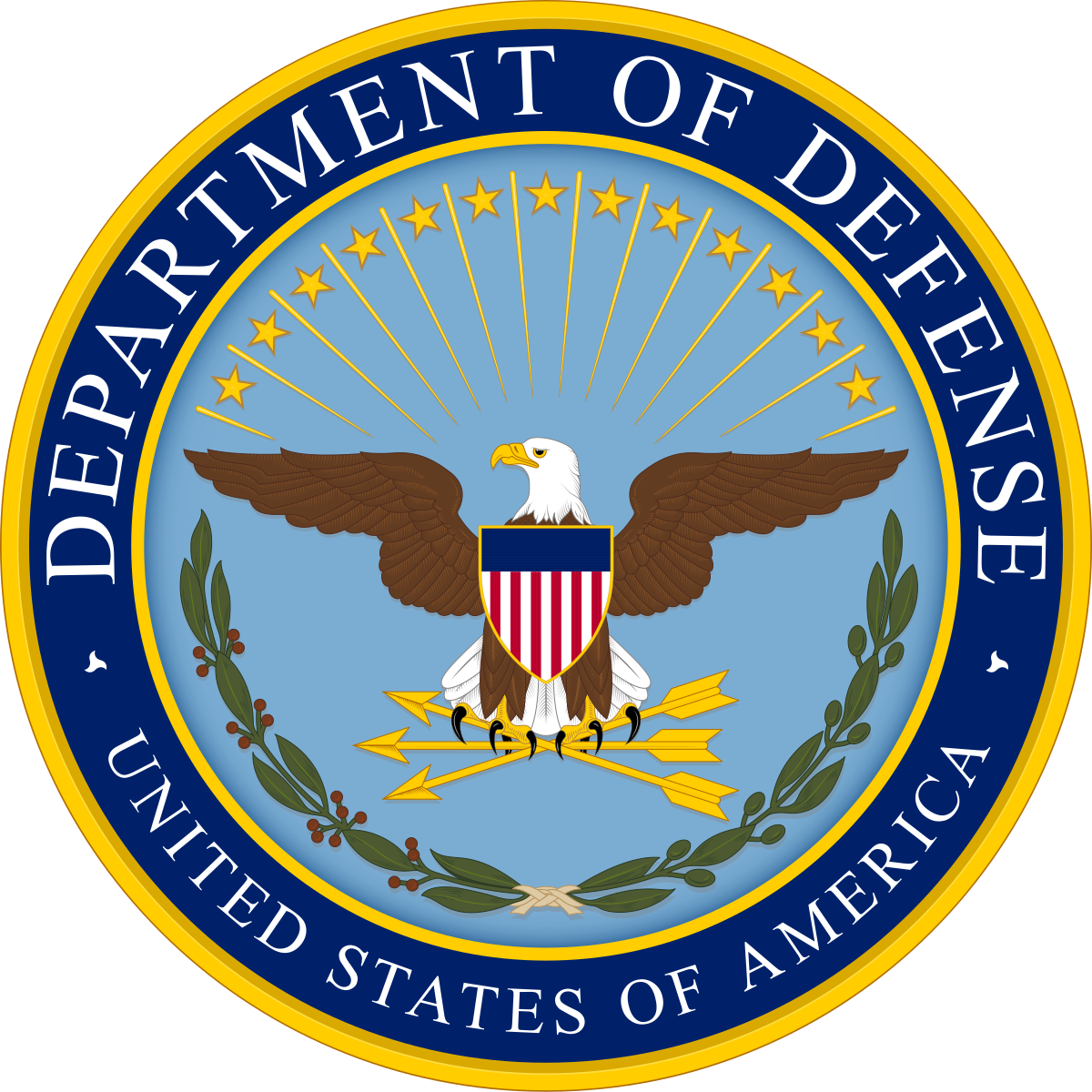
Explore resources, funding opportunities, and programs for researchers across career stages, supporting innovative scientific and technological advancements in defense, medical research, and national security.
National Institutes of Health
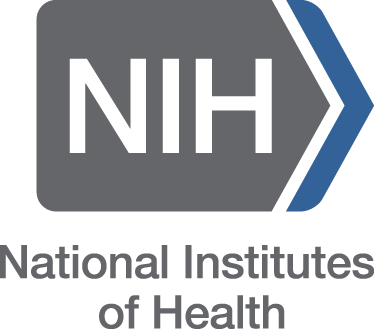
An extensive collection of resources, funding opportunities, and guidance for researchers at all career stages, covering grant applications, specific research areas, training, community engagement, and support for high-risk, innovative biomedical research
National Science Foundation
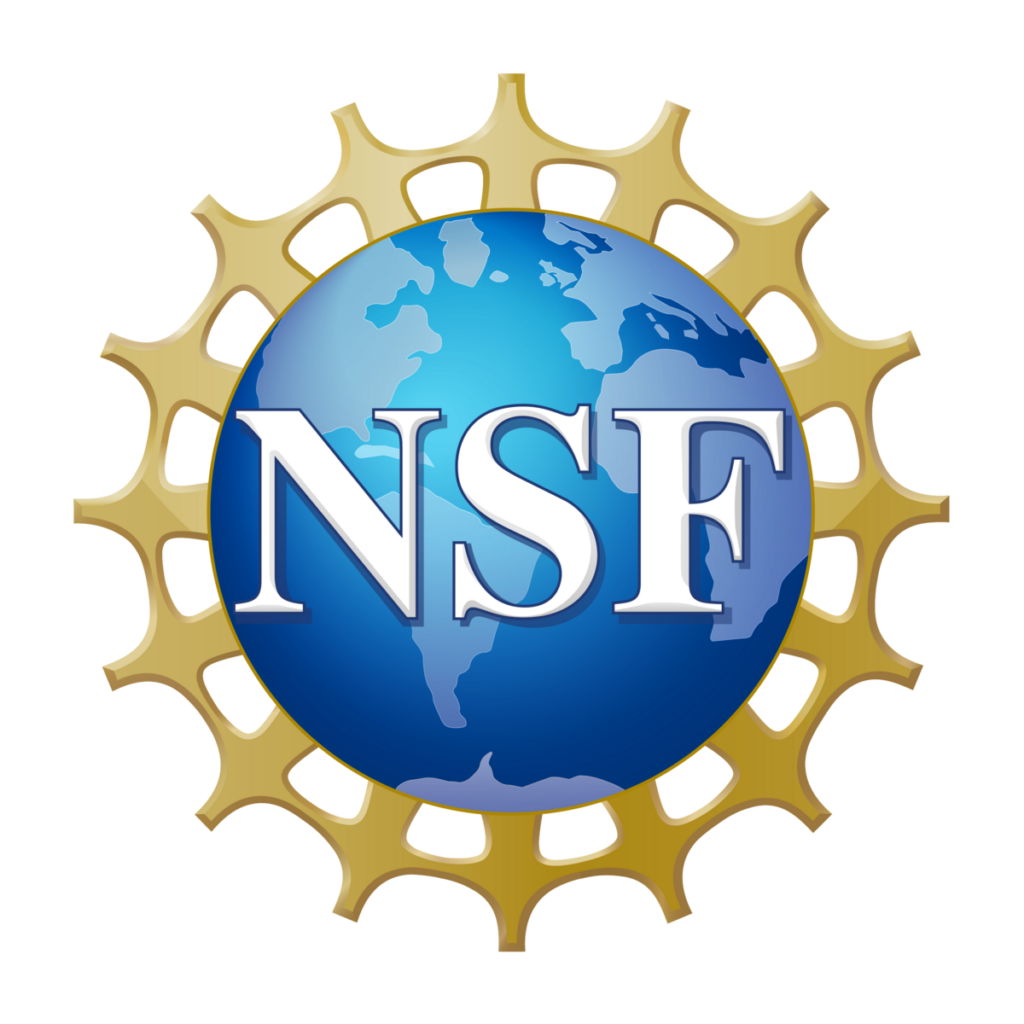
Access a wide range of scientific and engineering disciplines, including fundamental research in fields like physics, chemistry, biology, computer science, and social sciences.
Department of Education
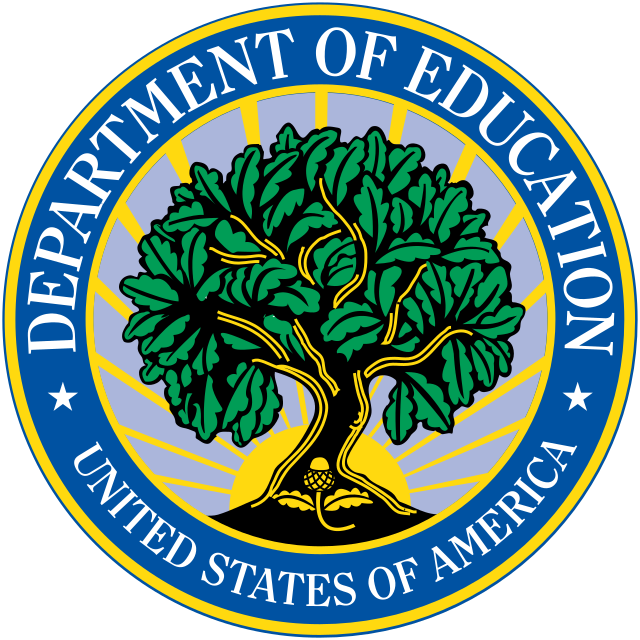
Explore resources, grant funding programs to support educational excellence and equal access, engage peer reviewers, evaluate applications, and provide guidance to help applicants navigate and prepare competitive proposals.
Department of Transportation
Find grants to support safe and efficient transportation systems, the DOT Navigator to assist communities with grant applications and project planning, and a Discretionary Grants Dashboard for infrastructure funding opportunities.
Other Agencies and Funding Sources

This list includes federal agencies offering grant opportunities for research and development in fields like nuclear safety (NRC), public health (CDC), environmental protection (EPA), space and earth sciences (NASA), international development (USAID), and the humanities and arts (NEH and NEA).
Examples of Successful Proposals
Writing a successful proposal is one of the most important steps in the application process. Please contact the Strategic Research Development Team if you would like more information and examples of successful proposals.


